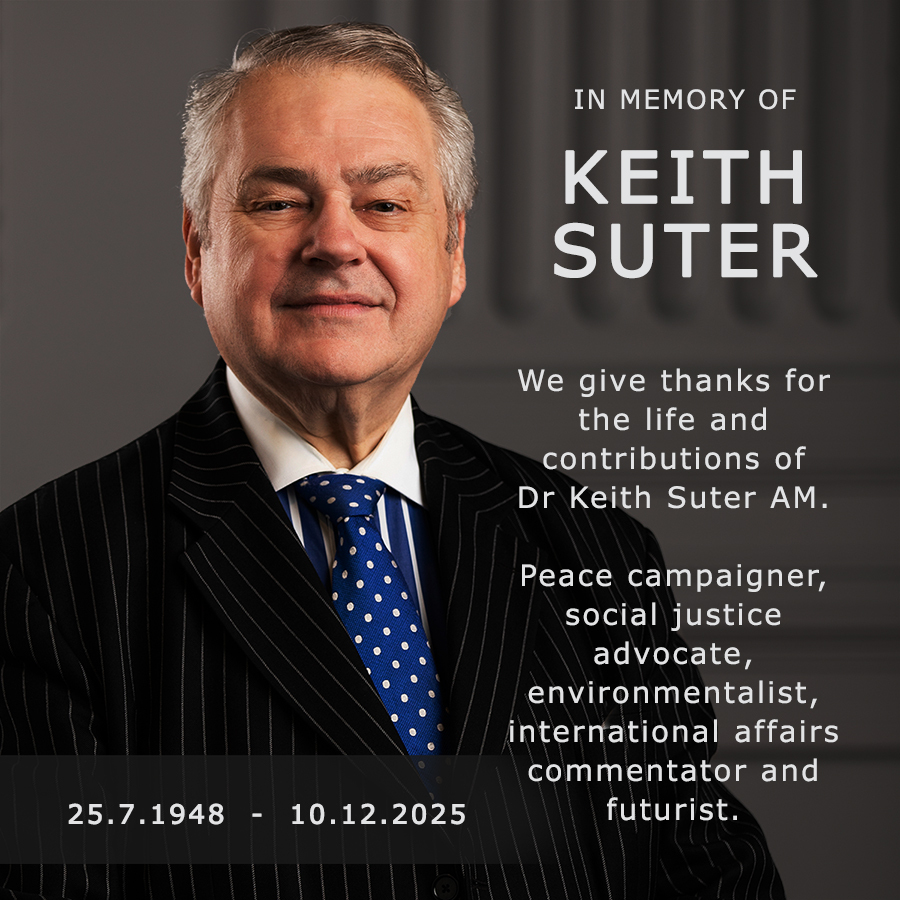
Archive Article: Keeping War Out Of Space. 26th Sep 03.
December 23, 2008
While we are so concerned about the “war on terrorism” and all the other conflicts underway, there is yet another area to worry about: the threat of space weapons being deployed in the not too distant future. Such weapons are already in the development and testing stages.
Dr Colleen Driscoll is the head of the Kurtz Institute of Peacemaking in the United States. The Institute is named to honour the memory a Washington DC-based couple of visionaries with whom I had many dealings in the 1970s and 1980s: Colonel Howard Kurtz and the Rev Harriet Kurtz.
They were among the first to see the potential peaceful uses of outer space. They used their own money to finance their campaigns to encourage the US military to pioneer satellites for peace. Like their colleague the science fiction writer Sir Arthur Clarke, they were among the first to see how satellites could be used for such operations as communications and for monitoring disasters such as vessels lost at sea and bush fires.
There are basically three, somewhat overlapping, uses of outer space. The first is scientific exploration (such as the satellites being sent to Mars by American and European scientists and the Galileo spacecraft that was sent down to Jupiter’s surface this month). The second use is for commercial purposes, such as the network of communication satellites that enable television viewers to see events “live” around the world. This is very much in keeping with the lateral thinking of the two Kurtzes.
The third purpose – which gets the largest amount of government money – is for the development of weapons in outer space. Indeed, the US already has an Outer Space Command. Dr Colleen Driscoll has launched a campaign for the “Outer Space Preserve”, which would mean that outer space would be forever maintained for the benefit of all humanity. A Space Preserve would protect the customary freedom of access and use of space for positive, peaceful civil and commercial uses. Military conflict control and arms control, such as early warning satellites would also continue to take place.
There should also be an immediate moratorium on the testing and deployment of space weapons, followed by negotiations on a treaty banning weapons in space while the Preserve is being planned.
The threat to global security from outer space weapons is at its early stages. There is still time for this threat to be stopped before it takes hold and becomes a reality. Should it become a reality, then it will be much harder to get negotiations underway to undo the damage that has already been done via the creation of the weapons in the first place. By that time, there will be a whole new industry with a vested interest in making sure that the outer space weapons are not banned. Prevention is better than cure.
Dr Driscoll recognizes that even preventative action will not be easy. There are some important issues that need to be addressed, such as the definition of “weapons of mass destruction” as the term would apply in outer space (such as via the use of laser weapons). But this emphasizes all the more that we need to get this work underway as quickly as possible.
Broadcast Friday 26th September 2003 on Radio 2GB’s “Brian Wilshire Programme” at 9pm

